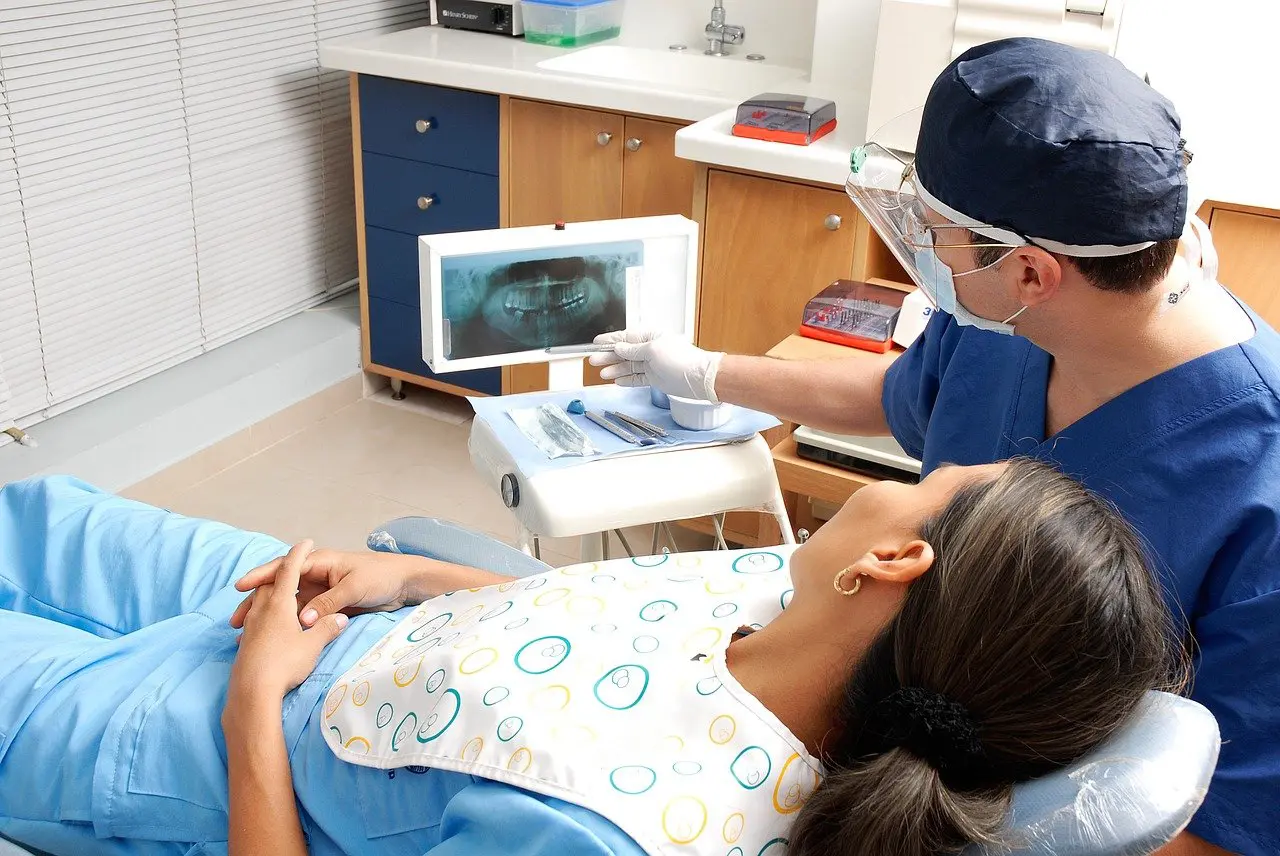It may seem that everywhere you go, receptionists are handing out forms – consent forms, release forms, insurance forms, and health history forms. While it may be obvious why a heart surgeon needs to know about all about you and the medications you take, it can be perplexing to encounter forms requiring the same details when you go to the dentist to have your teeth cleaned. Staring at a stack of papers to fill out, you may wonder if the dentist actually needs to know all of this information?
The short answer to your question is yes. Dentists do need a comprehensive health history. Your oral health and your overall health are inextricably connected. Many health conditions can cause symptoms affecting your teeth and gums. Likewise, oral health complications can lead to more significant problems affecting systems throughout the body, and the medications you take for either one or both can interact. Thus, withholding or omitting information inhibits your dentist’s ability to provide you with the best treatment.

(Pixabay / oswaldoruiz)
When providing or updating your health history at your next dental visit, it is essential that you are upfront and honest. Then, your dentist can draw on his or her expertise to know how your history impacts your oral health.
Medical Conditions
When your dentist performs an oral exam, they will likely look at more than just your teeth. They look at the structure of the mouth, the gums, and the tongue. Any abnormalities that they find can help them identify potential issues. Having a complete picture of your diagnosed medical conditions can help your dentist understand their findings.
Patients with diabetes, for example, are more prone to gum disease. The excess sugar in their mouths allows bacteria to flourish. Thus, initial indications of inflammation or infection in the gums of a person with diabetes could be more concerning to a dental provider. Eating disorders, osteoporosis, and cancer treatments can also increase the incidence of oral health challenges.
Additionally, systemic medical conditions may influence the type of treatment and timetable your dentist uses to treat oral health issues. Your dentist will need to weigh the benefits of treatment against the risks. Some procedures may need to be delayed or modified to accommodate patients who are pregnant, as well as those with high blood pressure, allergies, an artificial heart valve, or who have recently undergone joint replacement surgery.
In the case of a recent joint replacement, it may mean taking an antibiotic before your dental procedure to prevent infection at the surgical site. Your dentist can best decide how to handle your unique situation, but only if they know about it.
Medications and Supplements
Some medications and over-the-counter vitamins that seem unrelated to the mouth may turn out to be of significance to your dentist. Whether you are aware of it or not, they may be affecting your oral health. Some medications can cause dry mouth. A dry mouth is not just uncomfortable, but it reduces your body’s ability to rinse away food debris and disease-causing bacteria. Knowing you are taking these medications, your dentist can help you to manage the symptoms and the possible complications of this condition.
Informing your dentist about all medications you are taking can also help avoid unwanted interactions. Most routine cleanings don’t end with a trip to the pharmacy, but there are many dental conditions for which prescription medications are necessary. When choosing the best medicine to treat you, your dentist must know what you are currently taking. Only then can they accurately determine whether or not it will interfere with your other medications. When you go to a dentist for the first time, bring a list of all prescription and over-the-counter medications that you are taking. If the list changes, be sure to keep your dentist in the loop the next time you go in.
Blood thinners are one class of medication that may be of significant interest to your dentist. Because they reduce blood clotting, they can lead to excessive bleeding during or after a dental procedure. Even over-the-counter vitamins or aspirin can contribute to the same problem. Ensure that you and your dentist understand the possible risks associated with taking blood thinners before your dental procedure.
Nursing or Pregnant?
Your dentist is not a detective and may only see you every six months. You will need to speak up and let them know if you are expecting. Morning sickness during pregnancy can take a toll on your teeth. Vomiting repeatedly brings stomach acid up into the mouth, where it can erode tooth enamel. However, there are ways to combat this bombardment until you are feeling better. Ask your dentist what they recommend.
If you are pregnant or nursing, your dentist can change the course of your dental treatment for a time. They may choose to delay routine dental x-rays to avoid exposing the fetus to potentially harmful rays. If prescriptions are needed, your dentist will be sure to select medicines that are safe for developing babies. Most importantly, your dentist will want to keep a close eye on your gum health during pregnancy. Gum disease in pregnant mothers has been linked to premature births. Avoiding this complication is a top priority.
If you are worried about privacy or the risk that your information will be shared, understand that under HIPAA regulations, any information that you provide to your dentist is protected. You must sign a release before any of it can be shared with anyone else.
Every patient’s situation is different. Providing your Davis County dentist with a broad and detailed picture of yours can help them offer you appropriate care at every turn. Help them take better care of you by providing accurate and up-to-date information about your health.
